The Usual Suspect: Black Spot !!!!
eagleshadow
12 years ago
Related Stories

FURNITURECreative Collector: Spot a Vintage-Furniture Steal
Finding vintage furniture is easy, but is the price right? Get the best chairs, tables and more for your money with these guidelines
Full Story
BATHROOM DESIGNSpotted: Refrigerators in the Bathroom
You read that right. Before you protest, here are seven good reasons why people are chilling in the bath
Full Story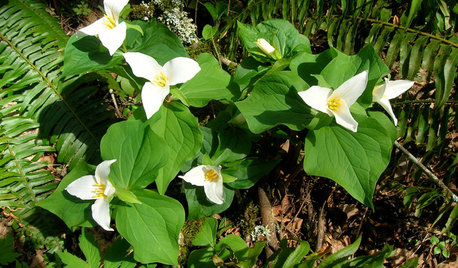
GARDENING GUIDES8 Native Flowers to Brighten Shady Garden Spots
These self-spreading plants from around the country will create a low-maintenance splash from spring to fall
Full Story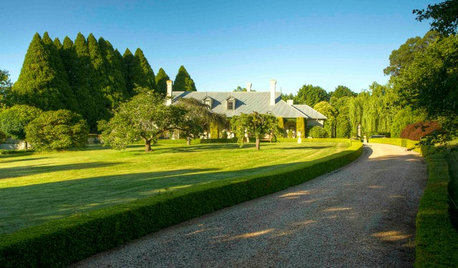
GARDENING GUIDESHow to Fix Bare and Yellow Lawn Spots
Restore your turf’s good looks by reseeding unsightly patches
Full Story
HOUSEKEEPINGOut, Darn Spot! Tips for Removing Carpet Stains
Know the right solutions and when to use them to prevent stains from pets, soda, chocolate, blood and more
Full Story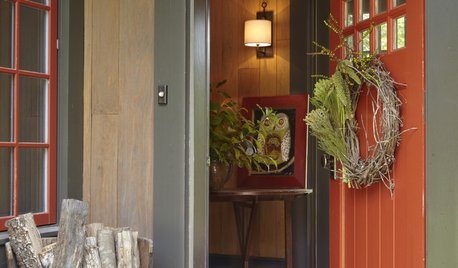
HOLIDAYS12 Home Hot Spots for Holiday Decorating
Deck these areas with garlands, lights and other seasonal decorations, and watch a festive mood take hold
Full Story
TASTEMAKERSTrend Spotting in Milan
Many Italian designs debut during April’s Design Week. Have a look at some in the Brera neighborhood that caught one writer’s eye
Full Story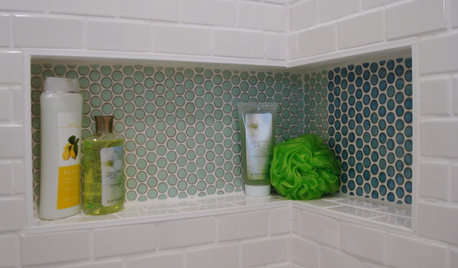
MATERIALS6 Spot-on Places to Use Penny Tiles
You’ll flip for these coin-shaped wall and floor tiles in bright colors, subtle neutrals and even clear glass
Full Story
COLOR11 Reasons to Paint Your Ceiling Black
Mask flaws, trick the eye, create drama ... a black ceiling solves a host of design dilemmas while looking smashing
Full Story
GARDENING AND LANDSCAPING10 Reasons to Use Black in Your Outside Space
It’s become a favorite shade to use inside, but now black is migrating out to gardens, patios and balconies — with dramatic results
Full Story





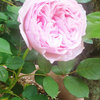

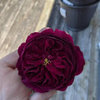
mike_rivers
saldut
Related Professionals
Danbury Landscape Architects & Landscape Designers · Tempe Landscape Architects & Landscape Designers · Baltimore Landscape Architects & Landscape Designers · Washington Landscape Architects & Landscape Designers · Goodyear Landscape Contractors · Arden-Arcade Landscape Contractors · Belmont Landscape Contractors · Bowie Landscape Contractors · Canyon Lake Landscape Contractors · Concord Landscape Contractors · Homewood Landscape Contractors · Lexington Landscape Contractors · Mahwah Landscape Contractors · Roswell Landscape Contractors · Stony Brook Landscape Contractorsidixierose
zack_lau z6 CT ARS Consulting Rosarian
seil zone 6b MI
User
dublinbay z6 (KS)